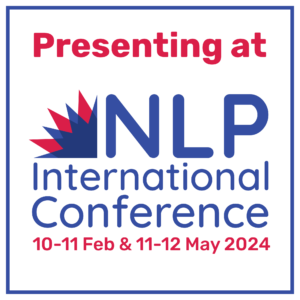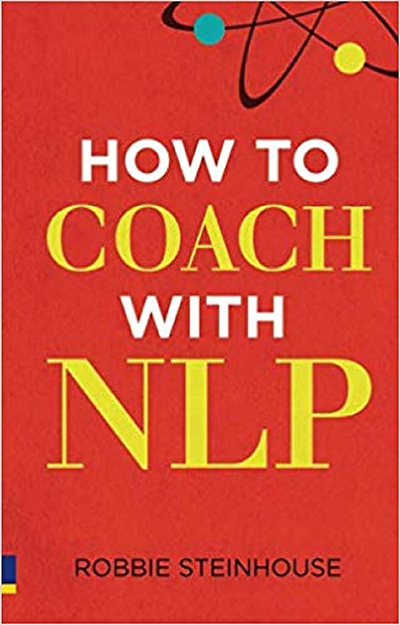Clarifying and Updating Your Vision

Each year at NLP University in California a general vision is set. This summer it was ‘caring for the collective’.
This naturally lead to many discussions about caring for our environment, not just for future generations, but for us now.
This coincided perfectly with one of the reasons Ed Hines and I decided to create a training called Environment, Identity and Vision – Your Purpose and Planning on a Changing Planet. We are holding this course in the venue in the Marais area of Paris where Ed and I started teaching together in 2002.
Since that time, we have both had the privilege of seeing many people realign their lives, follow a new path or find a renewed enthusiasm for their existing one.
Time has passed and Ed and I wanted to create a course to enable people to update that vision and deal with any blocks.
Choosing a New Vision
NLP and Coaching often ignites in people new and powerful ways to reconsider their beliefs, purpose and vision.
However, that ‘ignition’ can be accompanied by a sense of discomfort. A sense of knowing deep down that something is out of kilter. This is sometimes known as cognitive dissonance.
Some coaches may say: ‘ignore it and reach for your goals’. However, modern approaches in NLP ask you to dig deeper and find out what that conflict is about.
My firm belief is that finding out is always worthwhile. We may not choose to change, but facing it with acceptance can create unexpectedly positive shifts.
One area of dilemma that most of us share is the environment.
I once said to Ed: “I would rather do a bit of recycling than really find out what my lifestyle is costing the planet. I don’t really want to live in a tent and make the huge but necessary sacrifices”.
Ed pointed out that the problem with this approach is an implied perfectionism. In effect, I was saying: “if I can’t do it perfectly, I don’t want to do it at all.”
This leads to endless cognitive dissonance. More useful questions might be: “What changes would I be willing to make, given more knowledge? and “Would it be possible to make some positive difference?”.
Integrate to Accelerate
Perfect is the enemy of done. We can often succumb to “analysis paralysis”, whereby we don’t act on important things out of fear that our actions will not be not good enough. I know I have sometimes avoided things as the shame of inaction seemed better than the fear of failure. Once I became aware of this, I decided to take that coaching advice and ‘push past it and act’.
In the end, this is always the better route.
Did you like this post?
Then come on our NLP Taster Day!










